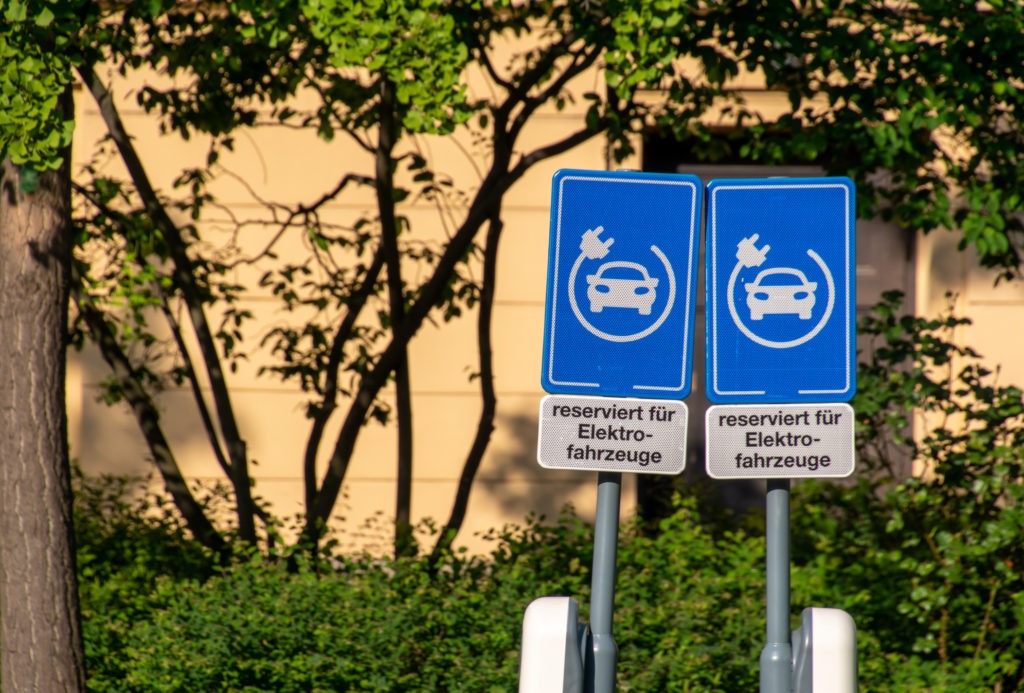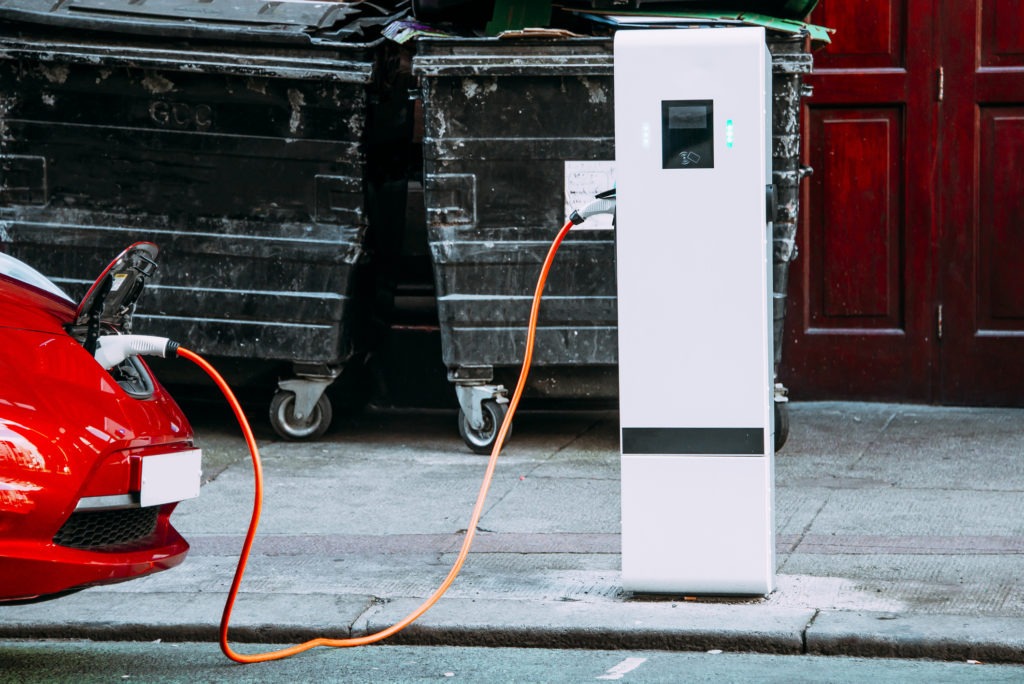Regional job losses likely as carmakers pick sites for EV production
24 June 2022

As the automotive industry transitions to electric vehicles (EVs), the issue of where to produce these vehicles creates its own challenges. Certain sites may be more adaptable than others, meaning production shifts, and jobs are lost. While some carmakers are pledging to retain jobs in the transition, it will be difficult when factories are closed or repurposed in different regions or even countries.
Highlighting the issue, Ford has picked a Spanish plant in Valencia to produce the next generation of its EVs, with a German site in Saarlouis losing out. The move could bring with it job losses, with employees and politicians voicing concern over the future of the Saarlouis plant, which currently employs around 4,600 people.
Valencia and Saarlouis competed against each other to become one of Ford Europe’s key production sites for EVs. The carmaker said it would continue to produce the Focus, an internal-combustion engine (ICE) car, in Saarlouis until 2025. It is unclear what will happen to the plant beyond that. Ford added it was evaluating options for future site concepts, with unions fearing a complete closure.
A spokesperson for the IG Metall union told Autovista24 that the works council would ‘fight for Saarlouis.’ The union stressed that more 2,500 jobs had been cut at the site since 2018. It also criticised the bidding process between the Spanish and German location.
Meanwhile, a Ford Europe spokesperson told Autovista24 that a restructuring programme would not automatically equate to job losses. They added that Ford was now facing a challenge regarding its Saarlouis site but emphasised that the company was evaluating the location and working on a concept.
Electrification tied to job losses
German economy minister Robert Habeck has clear demands for the US carmaker. ‘I expect Ford, together with the works council, to put concrete plans on the table for the future of the Saarlouis plant and its employees in a timely manner,’ he told the German press agency (DPA).
Stuart Rowley, head of Ford in Europe, tried to appease employees. However, his statement to the DPA remained vague. ‘We are now trying to find ways to give as many affected workers as possible a future,’ he said.
Unions keep warning that switching to an all-electric future can result in significant job losses for employees working on ICE if carmakers do not offer adequate retraining or employment options.
Ford’s Saarlouis plant is of particular significance in the small federal state of Saarland. The carmaker is one of the largest private employers there, first opening its doors in 1970. In the face of electrification, manufacturers are rethinking and restructuring, which could lead to plant closures or consolidation. This could have wider repercussions for the entire industry, with the IG Metall union saying ‘an entire region is in danger of being side-lined.’
While manufacturers have vowed to create thousands of new jobs, assembling electric cars requires fewer hours and could lead to a reduced workforce across the automotive sector. Supplier association CLEPA warned last year that an EV-only approach would lead to the loss of half a million jobs in the EU by 2035.
Investment and transformation
While Ford is assessing its approach for Saarlouis, it has vowed to pour $2 billion (€1.9 billion) into a state-of-the-art EV centre elsewhere in Germany. Cologne, Ford’s European headquarters, will benefit from the investment where production of electric cars will start in late 2023.
‘We are committed to building a vibrant, sustainable business in Europe as part of our Ford+ plan, and that requires focus and making tough choices,’ said Jim Farley, Ford president and CEO. ‘The European auto industry is extremely competitive.’
The carmaker is in the middle of transforming its business in Europe, saying its site in Valencia would help build a profitable business in the region. Its Spanish plant is critical to achieve an all-electric future, with the company planning to produce more than two million EVs globally by 2026. The manufacturer aims to introduce seven new electric cars in Europe by 2024 and is targeting zero emissions for all vehicle sales in the region by 2035.
Earlier this year, Ford said it would form two separate companies. One will independently focus on ICE operations, while the other entity would be dedicated to EV activities.



